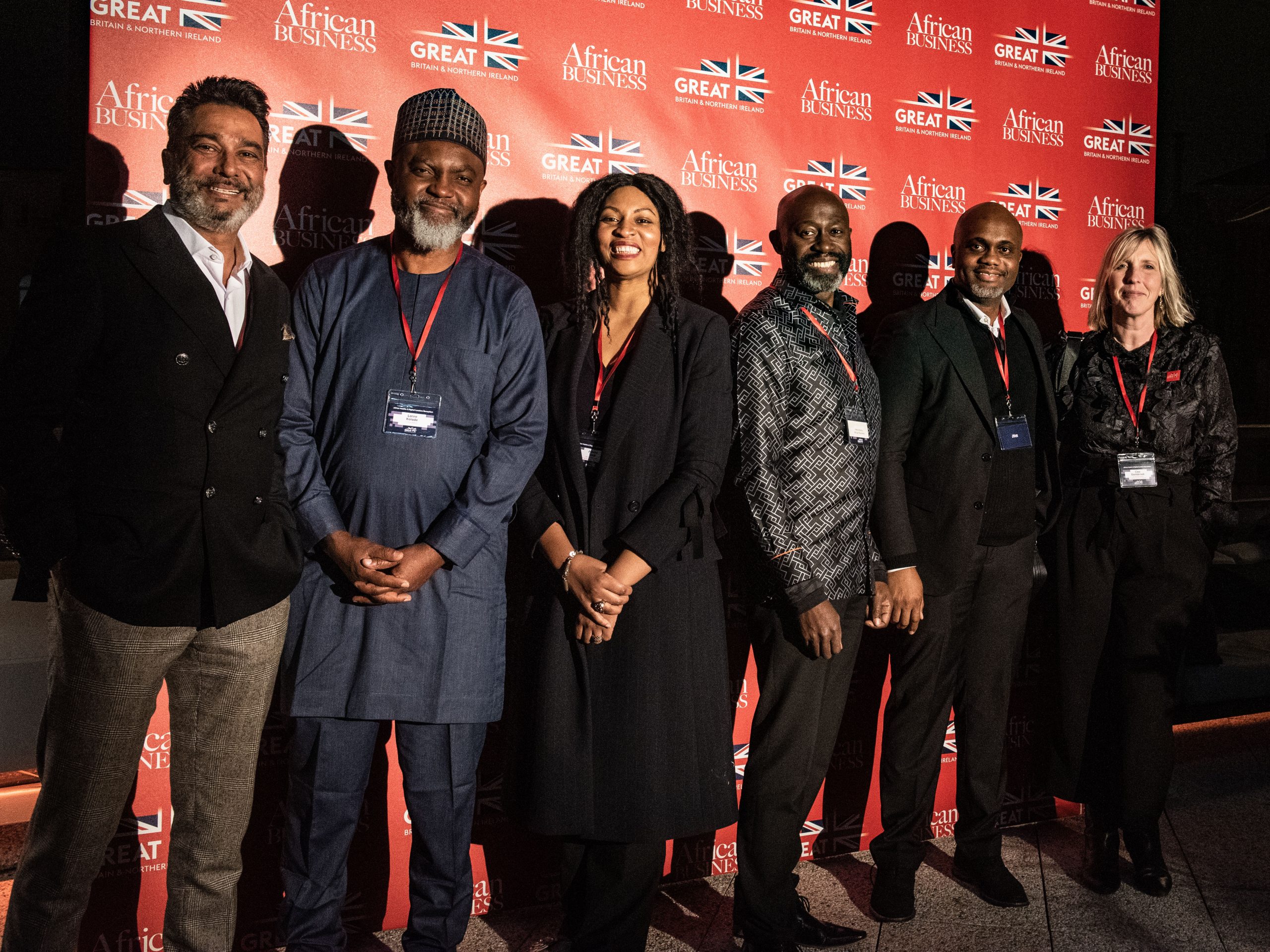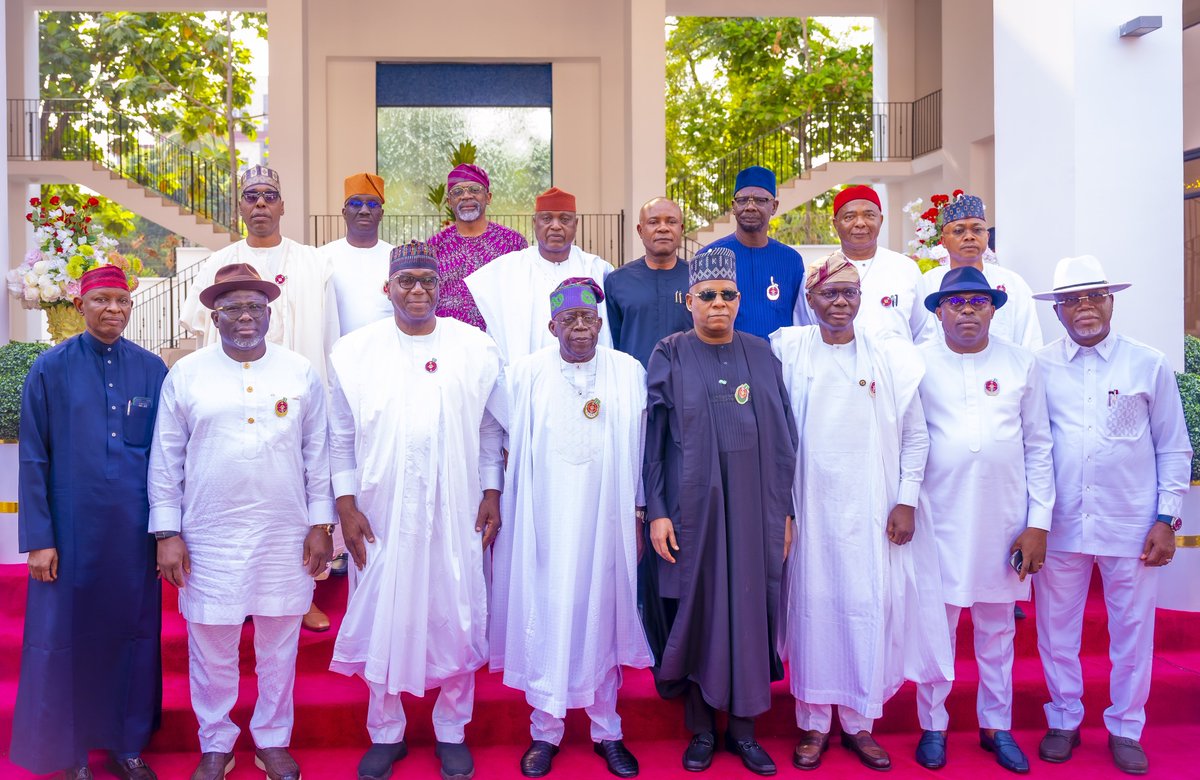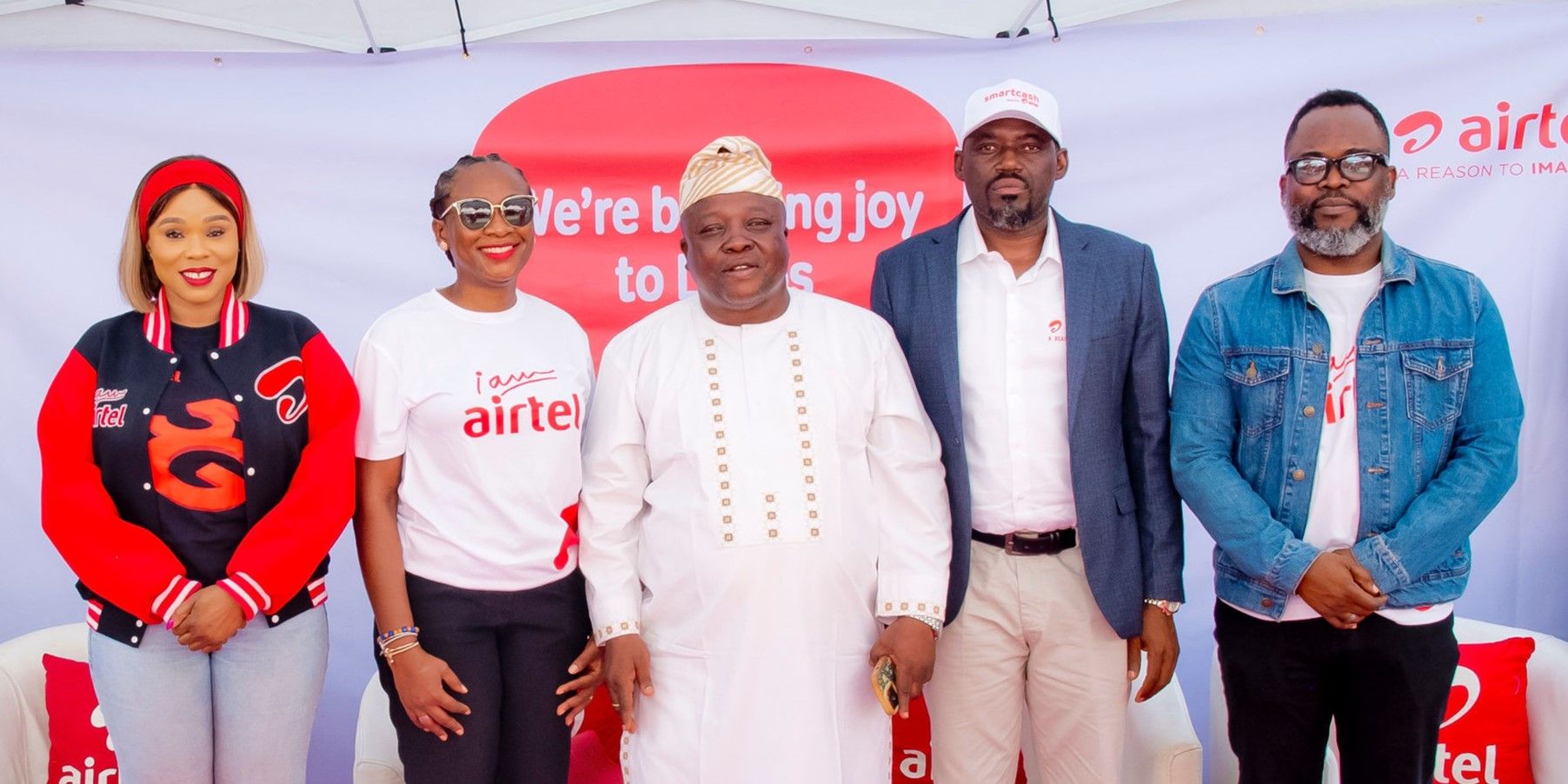The UK’s international trade department hosted, the Africa Mobile & Digital Leaders Reception. The event, which was hosted on the side-lines of the Mobile World Congress in Barcelona, is the third in a series of events looking at promoting partnerships between the United Kingdom and Africa, specifically in mobile driven digital trade.
Digital trade is a driver of business growth all over the world. Market research company, eMarketer, predicts that online sales will soar from $3.3 trillion 2019 to $6.2 trillion in 2023 and $7.4 trillion by 2025. In Africa, the United Nations estimates that internet business could add $180 billion to the continent’s GDP. However, there are hurdles that need to be overcome to unlock the immense opportunity for mobile-driven digital trade on the continent.
Jamila Saidi, Head of Digital Commerce at the trade department said, “We know that digital trade and digital services powered through mobile and other channels is the future and will be at the heart of growth in Africa. The continent is one of the most exciting in entrepreneurship and innovation and this century will redefine Africa as its population claims the opportunity ahead and reaches for economic empowerment, all powered by entrepreneurship and investment.”
The Department is cooperating with African Business magazine to highlight how Africa’s vibrant and entrepreneurial tech community can leverage partnerships to overcome hurdles to unlocking the potential of digital trade in the continent.
The event also saw the announcement of a new business group, The Africa Forum for Digital Commerce, which will bring together people and organisations who are passionate about advancing Africa’s economic growth, to collaborate and create digital commerce opportunities from the continent and to the continent. The forum’s founding members include ARM (E3)NGAGE which has recently been launching its own digitisation initiatives across the continent.
We know that digital trade and digital services powered through mobile and other channels is the future and will be at the heart of growth in Africa
Stephen Ozoigbo, Snr. Director, Emerging Economies at Arm, said, “Since the inception of our (E³)NGAGE lab model, we have seen tremendous progress across targeted program areas that support our digitization strategies across the continent. Our current ecosystem successes in Africa have also accelerated Arm’s ambitions around launching additional labs, as we expand across the continent.”
Other founding members include:
- AfricaNenda, an independent, African-led organisation created to accelerate the growth of instant and inclusive payment systems.
- Connected Places Catapult, the UK’s innovation accelerator for cities, transport, and place leadership. The Catapult has an established track record of working with cities across Africa and around the world on initiatives designed to solve pressing challenges in rapidly growing cities, such as congestion and overcrowded public transport.
- Vodafone – The largest pan-European and African technology communications company, Vodafone operates mobile and fixed networks in 20 countries, and partners with mobile networks in 47 more. Vodafone has over 330 million mobile customers, more than 28 million fixed broadband customers, and 21 million TV customers. Vodafone is also a world leader on the Internet of Things (IoT), connecting over 155 million devices and platforms. Vodafone has revolutionised fintech in Africa through M-Pesa, the region’s largest fintech platform, providing access to financial services for more than 58 million people in a secure, affordable, and convenient way.
- what3words, a British founded tech company that has created a simple way to communicate precise locations. It has divided the globe into a grid of 3m x 3m squares, and assigned each one a unique combination of three words: a what3words address. This allows users to find, share and navigate to any precise location using three simple words. The innovative location technology is used by businesses and governments worldwide to solve issues caused by poor addressing – improving efficiencies, enhancing customer experiences, offering smoother journeys and even saving lives.

















